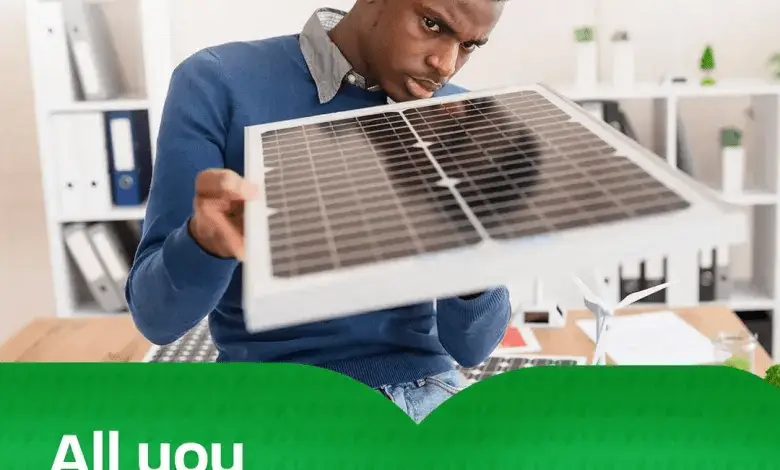Promising green entrepreneurs across South Africa took center stage at the Sci-Bono Discovery Centre in Newtown, Johannesburg, for the highly anticipated BeGreen Africa Pitching Event. Approximately 800 South African youth applied to the BeGreen Africa green entrepreneurship programme and more than 200 completed the greened business management training as well as the in-depth green entrepreneurship training. More than 60 green entrepreneurs from South Africa have submitted a business plan and all of them have received comprehensive feedback on their business plan and financials.
These approx. 60 young green entrepreneurs were now invited to join the in person pitching event in person in Newtown or to submit a pitching video. After results consolidation (pitching scores, business plan review scores), young green entrepreneurs across South Africa, Nigeria, Kenya and Senegal will be selected to receive USD 5,000 Seed funding, mentorship and incubation support.
The BeGreen Africa Entrepreneurship Programme in South Africa represents a transformative partnership between UNICEF Generation Unlimited (GenU) and the Tony Elumelu Foundation, supported by the Government of the Netherlands. Its goal is to nurture Africa’s next generation of green entrepreneurs, equipping them with the resources and skills needed to address pressing environmental challenges while fostering sustainable economic growth.
Africa’s economic growth has long been tied to resource- and energy-intensive industries, often at the expense of the environment. BeGreen Africa is charting a new course by equipping young entrepreneurs with the tools to do business differently. Through training, mentorship, and access to financial resources, the programme aims to unlock the potential of youth-owned green enterprises and startups.
“BeGreen Africa addresses the triple burden of inequality, unemployment and climate change. Children and young people are not responsible for climate change but are the most impacted,” says Irfan Akhtar, Deputy Representative, UNICEF South Africa. “By fostering green entrepreneurship, young people will be enabled to create a livelihood for themselves, set up new jobs for others, while contributing to a circular economy for their communities.”
“Young entrepreneurs bring fresh ideas and bold solutions to the challenges of climate change and economic inequality,” says Minenhle Nene who is a Climate Policy Officer from the Embassy of the Netherlands. “BeGreen Africa is a platform to transform these ideas into impactful, sustainable businesses that contribute to a healthier planet and prosperity for all.”
Alinah Mthembu, Acting Director Environmental Services & Technologies at the South African Government’s Department of Science and Innovation, shared about the commitment to the National System of Innovation (NSI) and the importance of young South Africans creating local solutions for local challenges, powering the circular economy.
The green economy holds immense potential for job creation, with an estimated 24 million new jobs globally by 2030. However, a significant supply and demand mismatch in green skills persists. BeGreen Africa addresses this gap by providing the knowledge and support needed for young people to set up and sustain thriving green businesses.
The BeGreen Africa partners are committed to fostering a robust ecosystem of green entrepreneurship. By supporting marginalised youth, the programme aims to unlock economic opportunities, reduce environmental impact, and inspire innovation in sectors ranging from renewable energy and sustainable agriculture to eco-friendly manufacturing and green technology.
The pitching event showcases the ingenuity and resilience of South Africa’s young entrepreneurs as they present their businesses to a panel of expert judges. The event underscores BeGreen Africa’s mission to drive change, encourage innovation, and secure a sustainable future for the continent.



